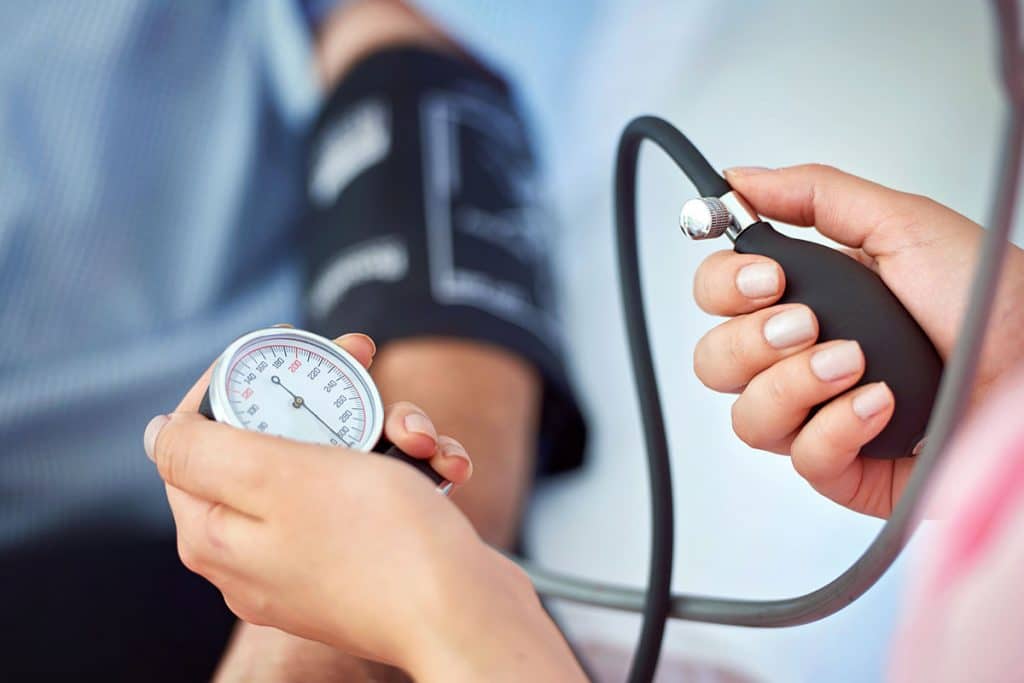Blood pressure is just what it sounds like, folks: the pressure on the blood that is pushed through your arteries from your heart and circulated all throughout your body. It’s not usual to have your blood pressure rise and fall during the day, but if it stays high for a longer period of time, it can have real consequences on your health. Having high blood pressure puts you at risk for many heart conditions, including a heart attack, heart failure and a stroke.
Your blood pressure is actually measured using two numbers. The lower is diastolic pressure and the upper is systolic pressure. Your blood pressure number is how doctors determine what stage of hypertension you may be in.
Normal blood pressure
Normal blood pressure means your reading is within a normal range of under 120/80 mm Hg. Keep in mind that blood pressure can change over time, so it’s important to have a healthy lifestyle and diet if you want to keep yourself at this stage.
Elevated blood pressure
When your systolic pressure is between 120 and 129 mm Hg and your diastolic pressure is under 80 mm Hg, your blood pressure is considered to be elevated. While you typically do not need medication in this range, being here can indicate you are now at risk of developing hypertension in the future. Here, lifestyle changes such as quitting smoking, eating better and exercising more may help reverse your course.
Stage 1 hypertension
When you have a blood pressure reading between 130/80 mm Hg and 139/89 mm Hg, you have stage one hypertension. If you are getting readings in this range, it’s best to talk to your doctor immediately for advice on steps to take to lower it. With blood pressure in this range, you may already have some minor damage to your vessels and arteries.
Stage 2 hypertension
A person with stage 2 hypertension has a blood pressure reading of 140/90 mm Hg or more. You must seek medical help immediately if this applies to you. Your doctor may have you take medication and make serious changes to your lifestyle and diet.
You can maintain and control your hypertension by working with your doctor. Working out on a regular basis, eating a healthy diet and taking medication will allow you take control over your condition and help prevent a serious heart event.




